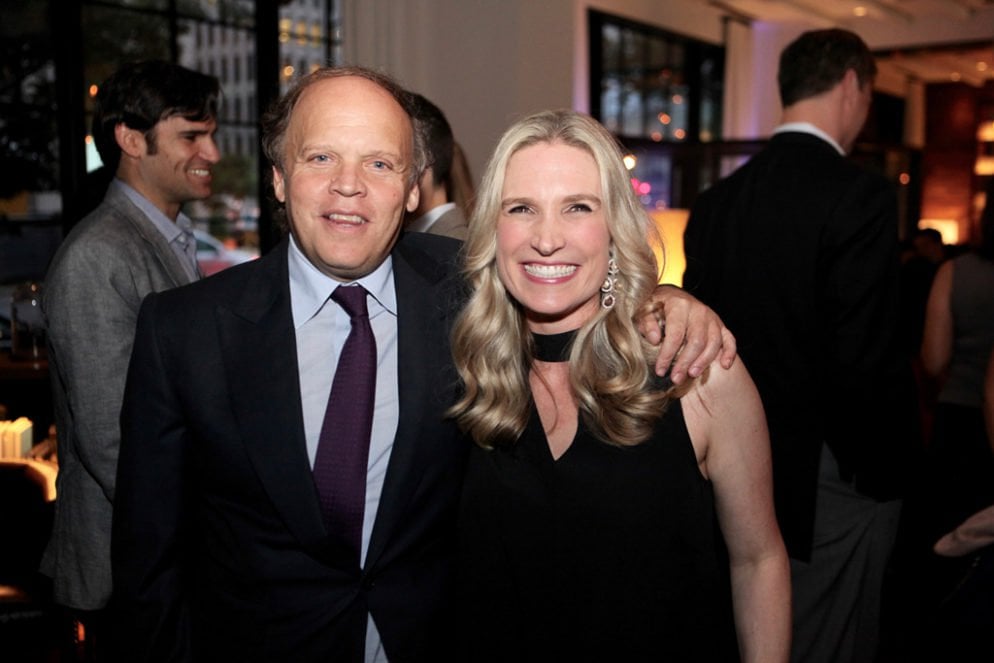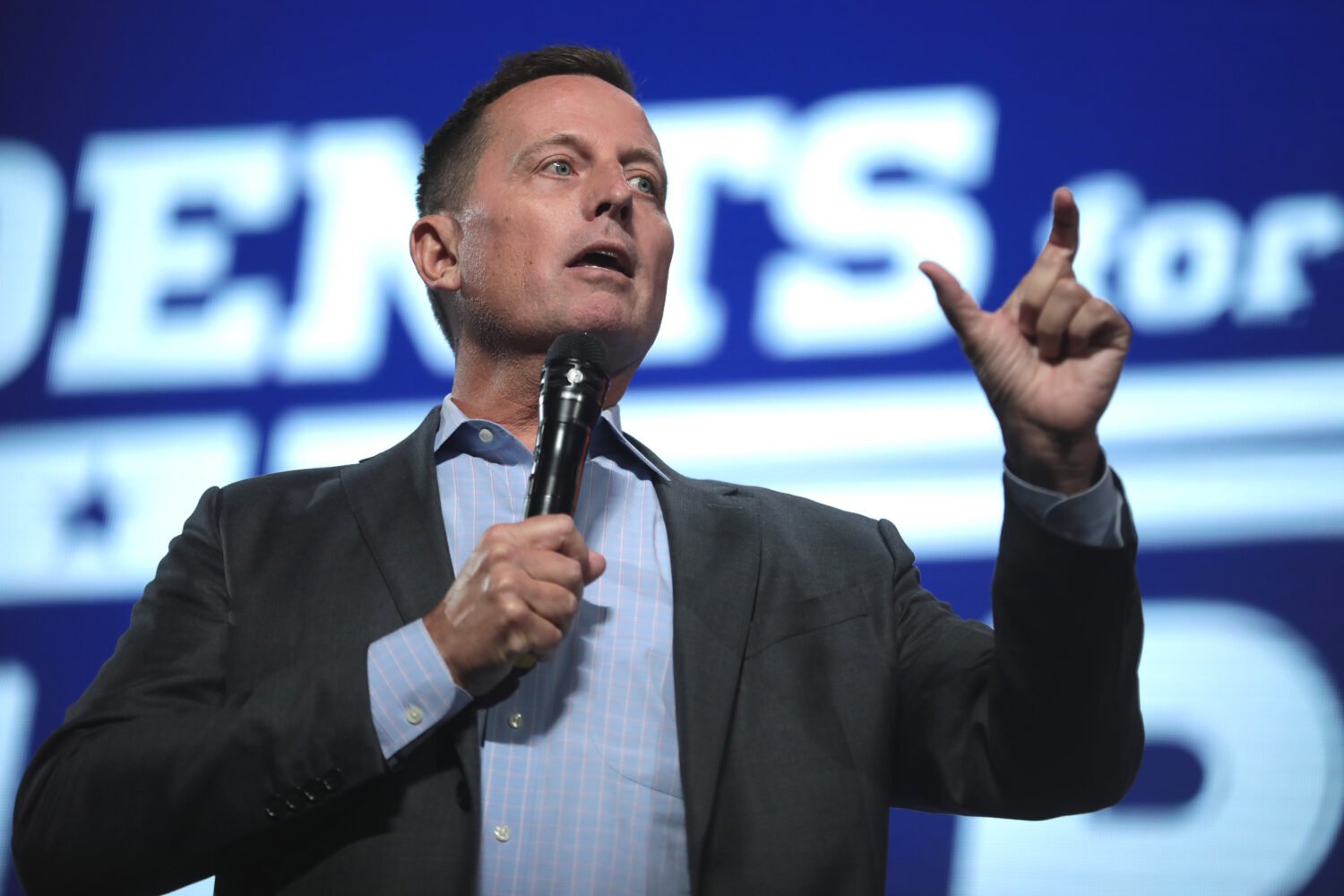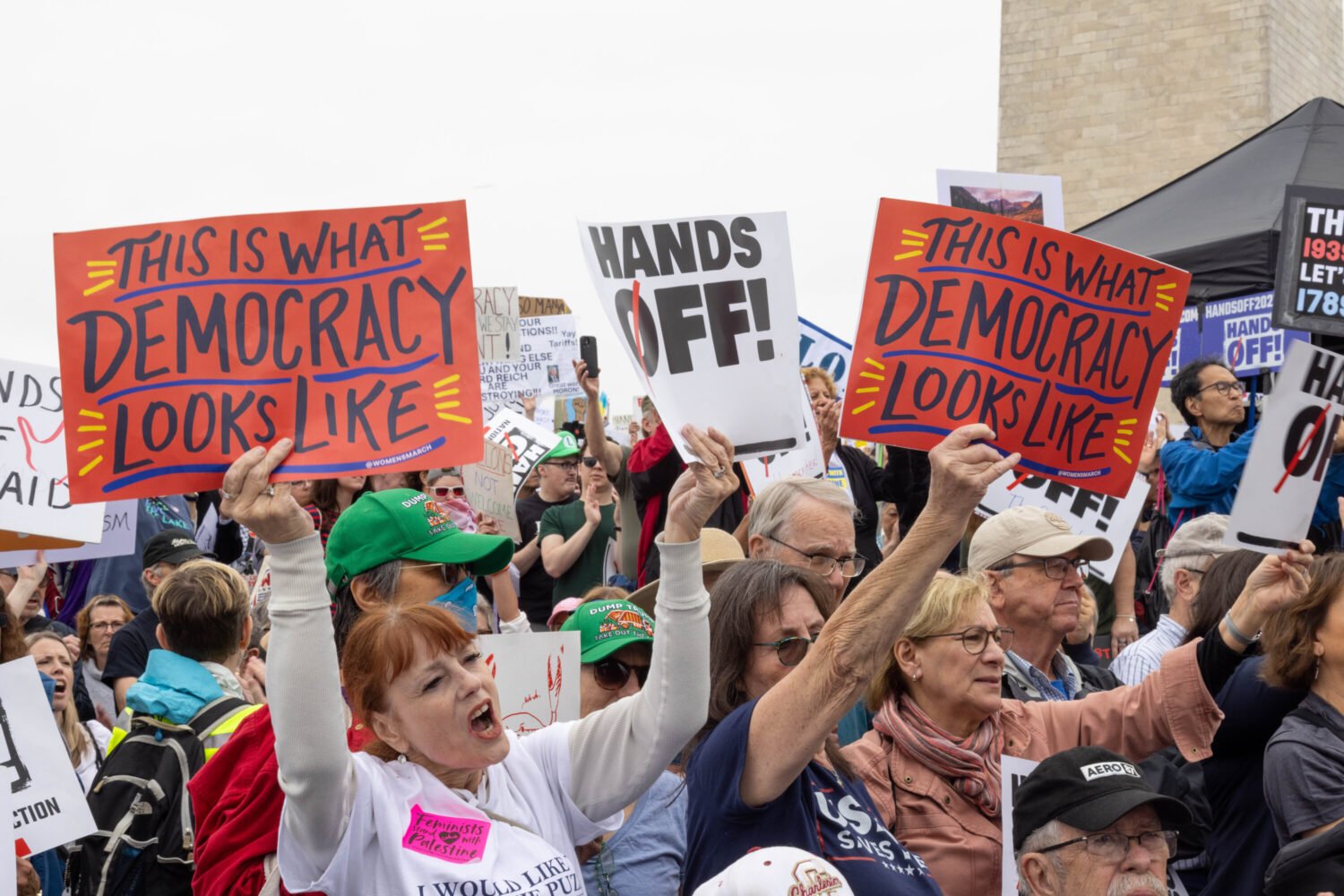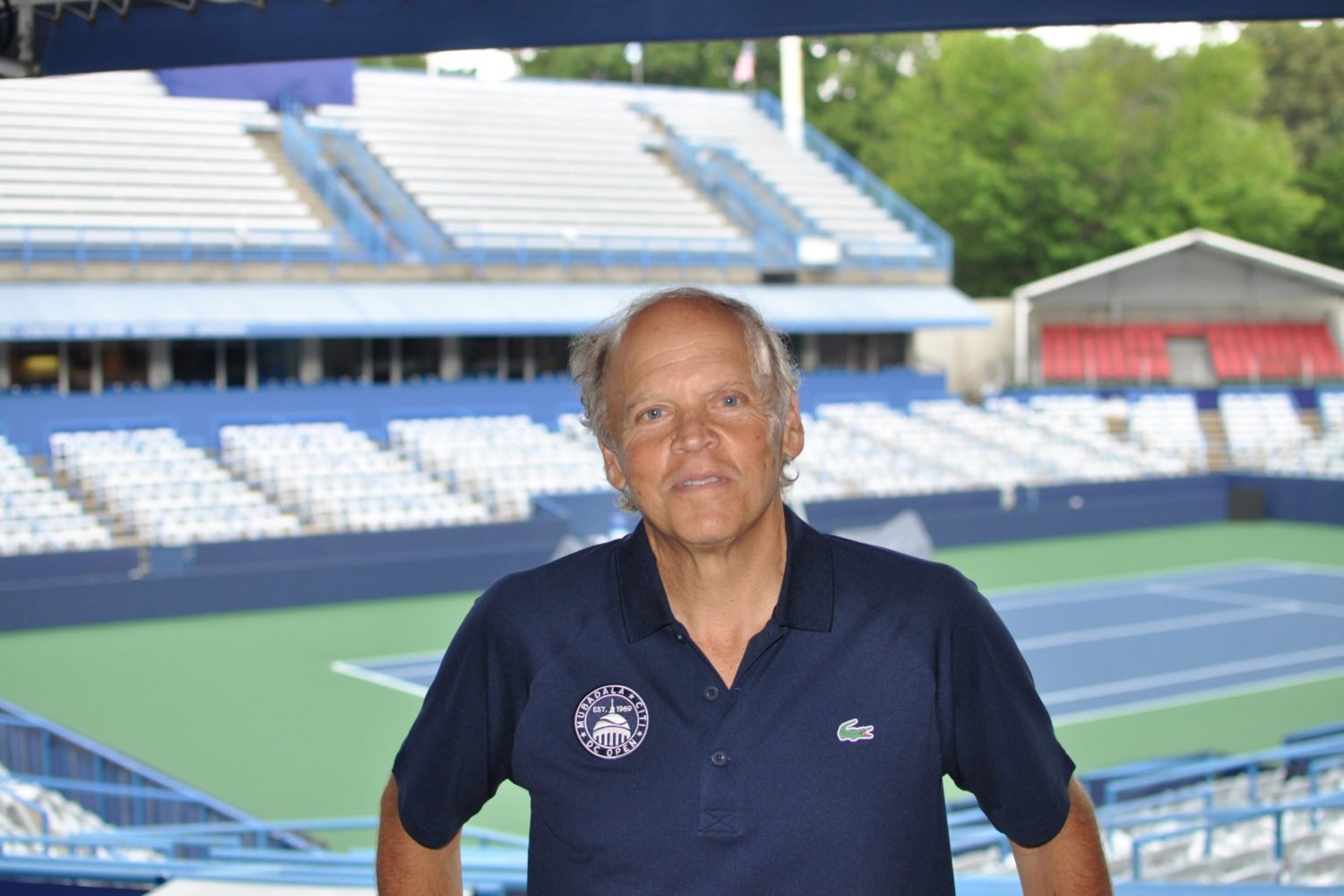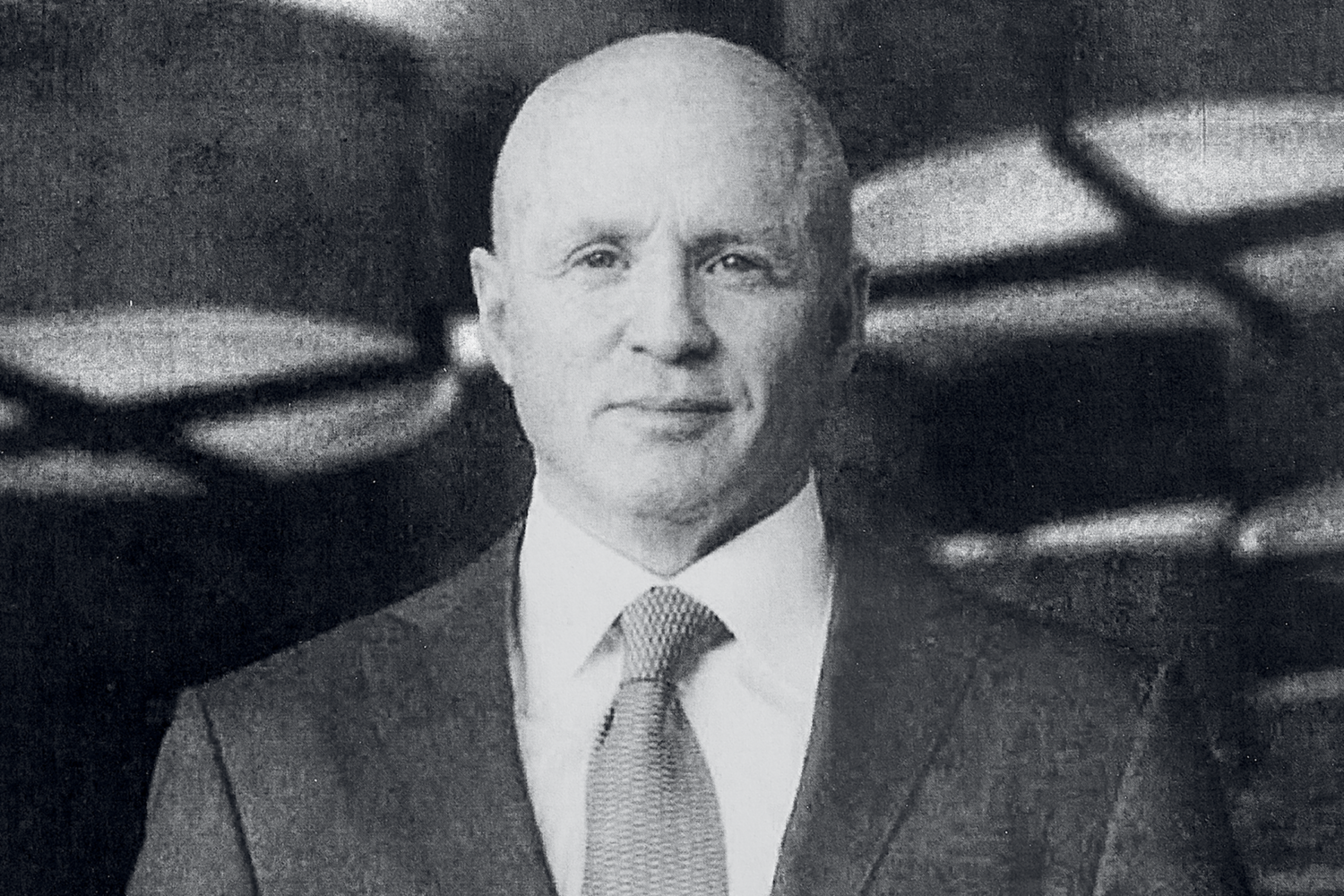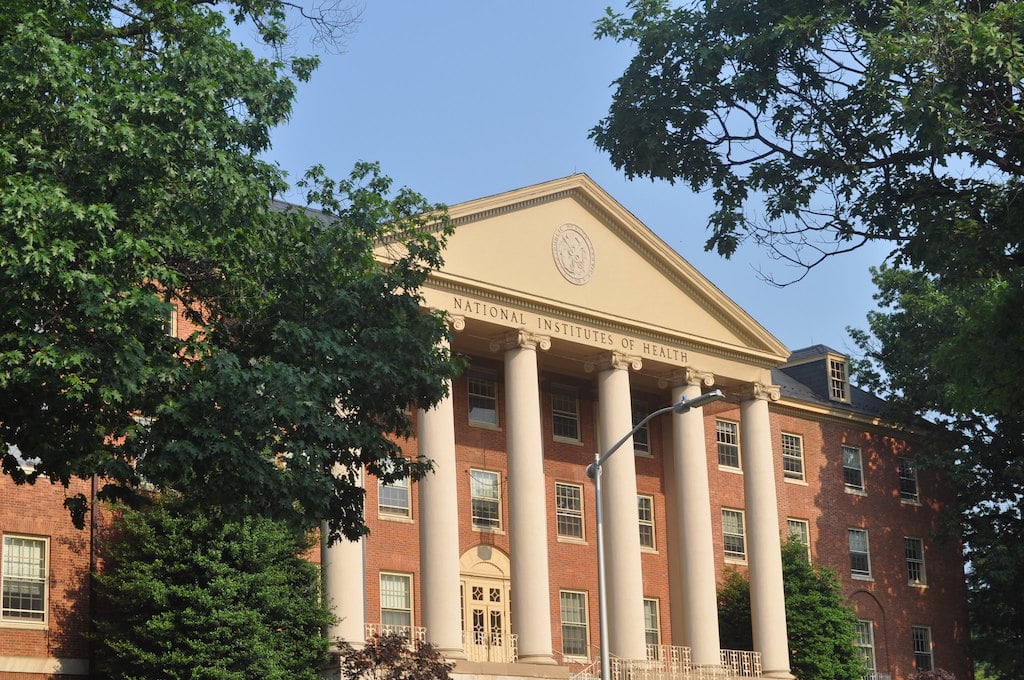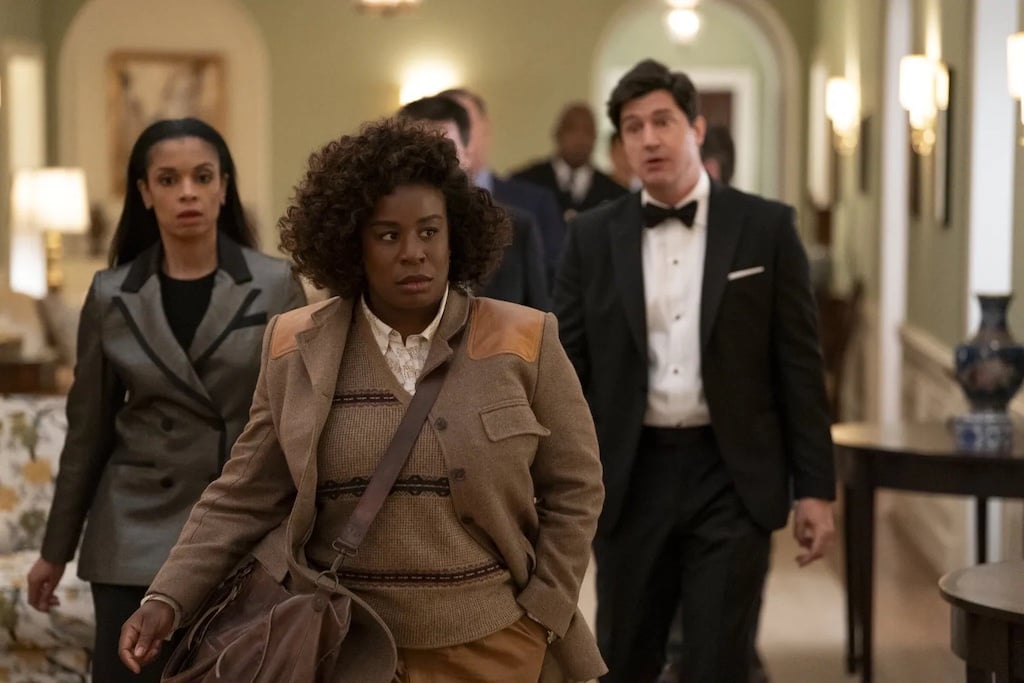Washington, DC, businessman and philanthropist Mark Ein announced Thursday night that he’d come to a deal to purchase Washington City Paper. This is terrific news and comes as a relief on many levels: Most immediate, it means City Paper‘s staff won’t have to take the 40 percent pay cut its previous owner, SouthComm, threatened on Monday. Looking beyond January, it means one of the region’s best news sources will continue.
The purchase price was not revealed publicly, but I’m reliably informed Ein paid $50,000 and agreed to assume the paper’s lease. Asked about that price, Ein declined to comment. Alexa Mills, who by many accounts was instrumental in finding a buyer, will continue as the paper’s editor. Current Publisher Eric Norwood will remain at the paper for now. SouthComm hoped to keep City Paper‘s popular Crafty Bastards festival but Ein says he was able to get that with the deal–“We can’t give away the good stuff,” he says.
Ein, who will not have a daily role at the paper, is the paper’s fifth owner in the last decade and has taken steps to make his stewardship of the long-troubled weekly* as benevolent as possible. An “Alumni Group” stocked with famous ex-CP journalists like Katherine Boo, Jake Tapper, and Ta-Nehisi Coates will advise the paper and “offer editorial and other support.”
Another group Ein’s assembled to help run the paper, though, is an eyebrow-raiser. The “Friends of Washington City Paper” council, which will contribute in what the release calls “ways including advising, contributing and investing,” includes local business and civic leaders who could make the process of running a feisty alt-weekly a tad sticky. Among them: Former DC Mayor Anthony Williams, Monumental Sports CEO Ted Leonsis, celebrity chef José Andrés, and 9:30/Anthem/I.M.P. honcho Seth Hurwitz
Many of these people, Williams in particular, have felt the sting of City Paper before. How will the paper’s management keep the advisers from influencing the editorial product? “Everyone starting with me explicitly knows no one has any say in editorial,” Ein says. “No one asked for it and no one questioned it. That’s sort of the number one ground rule.”
Longtime Washingtonian writer Harry Jaffe helped advise Ein on the purchase. Ein says it’s too early to say what kind of role he may have, if any, in the paper going forward: “We haven’t figured anything out long term.”
Ein grew up in this region and says he looked at buying City Paper five years ago when SouthComm bought it along with a number of other papers. (SouthComm’s pay-cut announcement helped spur him to finish the deal; he says he didn’t want employees having that hanging over them during the holidays.) In conversation he speaks passionately about the importance of local journalism. Every thriving community, he says, has a committed source of local news. “City Paper has been that for 36 years, and I plan to keep it that way for another 36 years.”
In fact, Ein counts City Paper as one of what he calls his “community investments,” not his “day job, for-profit” investments. That said, he plans to assemble a team that can help the paper solve the revenue shortfalls caused by collapses in classified and display advertising. Untethered optimism, I note to him, has been a problem with some of City Paper‘s recent owners. “We’re all going into this with our eyes wide open,” he says. All his advisers “have a lot of ideas about alternative revenue sources. We’re not expecting it to be profitable in the short term.”
Keeping City Paper viable will require a two-part commitment: “If you don’t build a sustainable business there won’t be any editorial to produce,” Ein says, adding that by the same token “If you don’t have great editorial that people care about then you don’t have anything to drive revenue.” That may require expanding the paper’s ambit: “I think there’s a number of expansion opportunities that we want to explore, including maybe being a little bit broader in coverage,” he says.
Ein joins a select company of rich people who’ve invested in DC media in recent years. “I have incredible admiration for what Jeff Bezos and Fred Ryan are doing at the Washington Post and their team there, but there’s definitely an opportunity and a need to do good local journalism,” Ein says. “I think there’s still a space there.”
* I was City Paper’s managing editor between 2006 and 2010. My boss Michael Schaffer was City Paper’s editor from 2010 until 2012.

